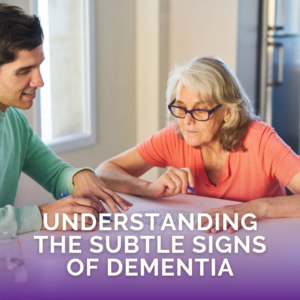For health and longevity, it is important to get adequate, restful sleep. According to the National Sleep Foundation, older adults should get at least 7-8 hours of sleep each night.
Along with short-term effects like impaired thinking, performance, and stress management the next day, short-sleep (less than 6 hours per night) can also increase the risk of heart attack, stroke, high blood pressure, and elevated blood sugar. In middle age, too little sleep can increase dementia risk later in life. Too little sleep can also contribute to weight gain and obesity.
So how can you get a more restful night’s sleep?
SOCIALIZE: A good place to start is a community center, a senior center, a library, a university, an adult education program, or AARP. In addition to providing lectures, activities, volunteer opportunities, outings, and/or classes, they can also reduce social isolation and improve mood.
EXERCISE: When we exercise, we release chemicals that improve our mood, reduce stress, and improve our health.
MINDFULNESS: Mood and sleep can be improved through relaxation exercises such as mindfulness, abdominal breathing, imagery, and progressive muscle relaxation.
GET COMFORTABLE: Additionally, adjustable beds can reduce pain and improve sleep quality by adjusting your sleeping position.
Keep your bedtime consistent and distraction-free. Don’t use your phone or watch TV before bedtime. Try to limit your daytime naps and keep active throughout the day. To promote sleep, keep your bedroom cool and dark. Track your sleep progress with a sleep journal or a smart watch.
Sweet dreams!











